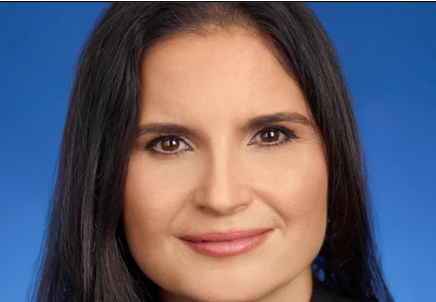Judge handling Trump documents case made multiple errors in earlier trial: Experts
The judge in former U.S. President Donald Trump's upcoming trial over his handling of classified documents made two errors in a June trial, including one that potentially violated the defendant's constitutional rights and could have invalidated the proceedings, according to legal experts and a court transcript.

The judge in former U.S. President Donald Trump's upcoming trial over his handling of classified documents made two errors in a June trial, including one that potentially violated the defendant's constitutional rights and could have invalidated the proceedings, according to legal experts and a court transcript.
Florida-based U.S. District Judge Aileen Cannon closed jury selection for the trial of an Alabama man - accused by federal prosecutors of running a website with images of child sex abuse - to the defendant's family and the general public, pointing to a lack of space in the courtroom, a trial transcript viewed by Reuters showed.
A defendant's right to a public trial is protected by the U.S. Constitution's Sixth Amendment, though judges have discretion in certain circumstances to close courtrooms.
Cannon, a 42-year-old former federal prosecutor appointed by Trump to the bench in 2020, also neglected to swear in the prospective jury pool - an obligatory procedure in which people who may serve on the panel pledge to tell the truth during the selection process.
This error forced Cannon to re-start jury selection before the trial ended abruptly with defendant William Spearman pleading guilty as part of an agreement with prosecutors. Spearman's plea deal included an unusual provision allowing him to appeal a decision by Cannon against his motion to suppress evidence in the case.
Cannon's decision to close the courtroom represents "a fundamental constitutional error," said Stephen Smith, a professor at the Santa Clara School of Law in California. "She ignored the public trial right entirely. It's as though she didn't know it existed."
Jeremy Fogel, a former federal judge who leads the Berkeley Judicial Institute in California, said Cannon made "two fairly significant mistakes" during jury selection in the June trial, but said it's hard to gauge their consequences because the trial did not move forward.







